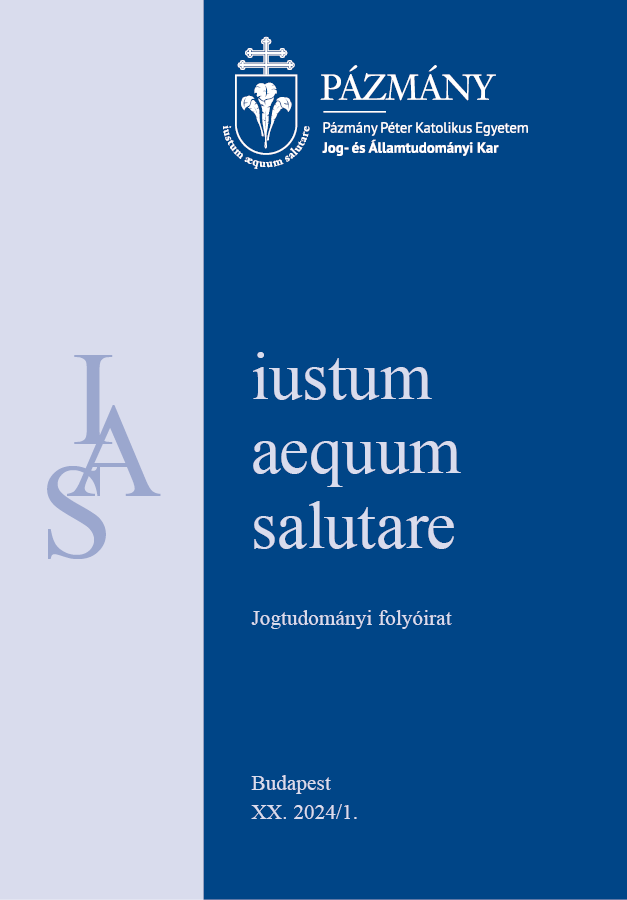The gaps in the international source of law on the SDGs and the teaching of Laudato si'
Abstract
If evaluated by the voting records and official press releases, the global political support for the Sustainable Development Goals seems overwhelming. Still, the Agenda 2030 resolution accepted without a formal vote by world leaders at the UN General Assembly lacks normativity. According to prior examples, it might still - theoretically - become binding international law, although the chances thereof are indeed slim.
When positive legal development faces such challenges in pressing times like ours, answers may be offered by and sought in well established moral traditions: it is one important reason for the issuance of the Laudato si' encyclical letter - not only for Catholics.
The main sources for the examination of this paper will be defined by Art 38 of the ICJ, the research question - a possible role for the Laudato si' in lege lata et ferenda international law - are approached from a generalist international lawyers perspective.
These sources are constantly changing, and SDGs show many signs of a nascent customary legal regulation - but time is insufficient to reach that goal in the usual way. Still, there is an overwhelming political support for the general idea described by these Goals and acceptance of thereof in political and legal rhetorics, but these are not yet obligations of result in a legal sense.
This paper suggest that Laudato si' - and Catholic Social Teaching - can help fill the legal lacunae and incite or foster legal development, as it already had a major impact on the legal breakthroughs in 2015 like the SDGs and the Paris Agreement.
Copyright (c) 2024 Tamás Vince Ádány

This work is licensed under a Creative Commons Attribution 4.0 International License.


